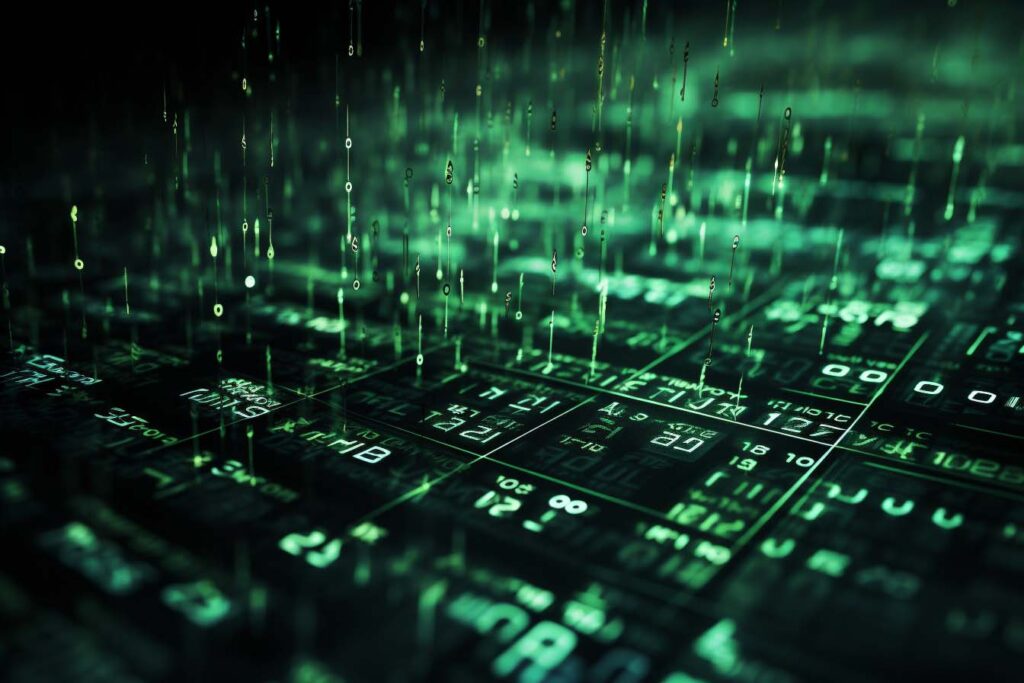Key Points:
- Cyber defense is a critical issue for Japan, as cyber-attacks pose a threat to national security and economic crimes seeking to steal crypto assets are on the rise.
- Japan’s defense system in cyberspace is weak, and it needs to strengthen its measures against cyber-attacks through cooperation between the public and private sectors.
If defense secrets are leaked as a result of cyber-attacks, it would threaten national security. There is no end to economic crimes seeking to steal crypto assets. Japan should strengthen its measures against cyber-attacks through cooperation between the public and private sectors.
Japan’s defense system in cyberspace must be described as weak. The Washington Post reported last year that Chinese military hackers had repeatedly hacked Japanese computer systems handling government defense secrets. Moreover, Japan reportedly did not even know it had been attacked in cyberspace until it was notified by the U.S. government. If the Post’s reporting is accurate, this is a serious situation that undermines Japan’s credibility.
Last year, the National center of Incident readiness and Strategy for Cybersecurity, the government’s control tower for cyber-attack countermeasures, was also reportedly hit by a cyber-attack, allowing the leakage of personal information related to private businesses and others. It is absolutely unacceptable for the center to have inadequacies in its system targeted, even though it is in a position to guide the private sector.
Critical social infrastructure has also been the target of cyber-attacks. Last July at Nagoya Port, the container management system was infected with a computer virus, halting the loading and unloading of containers for three days. Cyber-attacks are becoming more sophisticated and the threat is only increasing. To stop attacks and minimize damage, specific examples of attacks must be shared between the public and private sectors, and countermeasures must be taken.
It is important for government bodies and providers of critical infrastructure to frequently update software and strengthen their computer systems. It is also essential to resolve the weak point of insufficient human resources in the cyber realm. Last month, a private organization led by people including former administrative vice ministers from the Defense Ministry and Internal Affairs and Communications Ministry was launched, with the aim of fostering expert personnel in the public and private sectors. The group will reportedly be tasked with creating a standardized curriculum to help people acquire the ability to deal with cyber-attacks. One possibility is to take advantage of such efforts.
To defend against serious cyber-attacks, it is important to realize an “active cyber defense,” which means searching for and attacking a possible assailant’s computer servers and rendering them harmless. The government was considering the introduction of such methods but plans to hold off on legislation for the time being, partly because it has been argued that if the government received communications records from telecommunications companies, it might violate the “secrecy of any means of communication” guaranteed in the Constitution. However, if the government takes no necessary measures, the risk of major cyber-attacks plunging society into chaos will only increase. The government should rethink its interpretation of the Constitution and take all possible measures to prepare for new threats.







